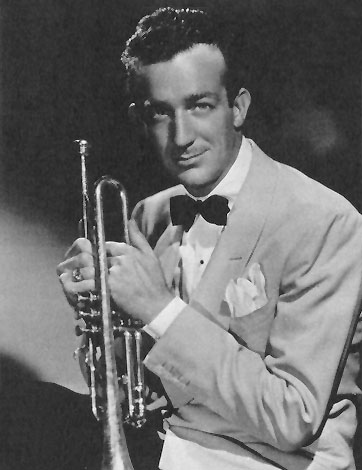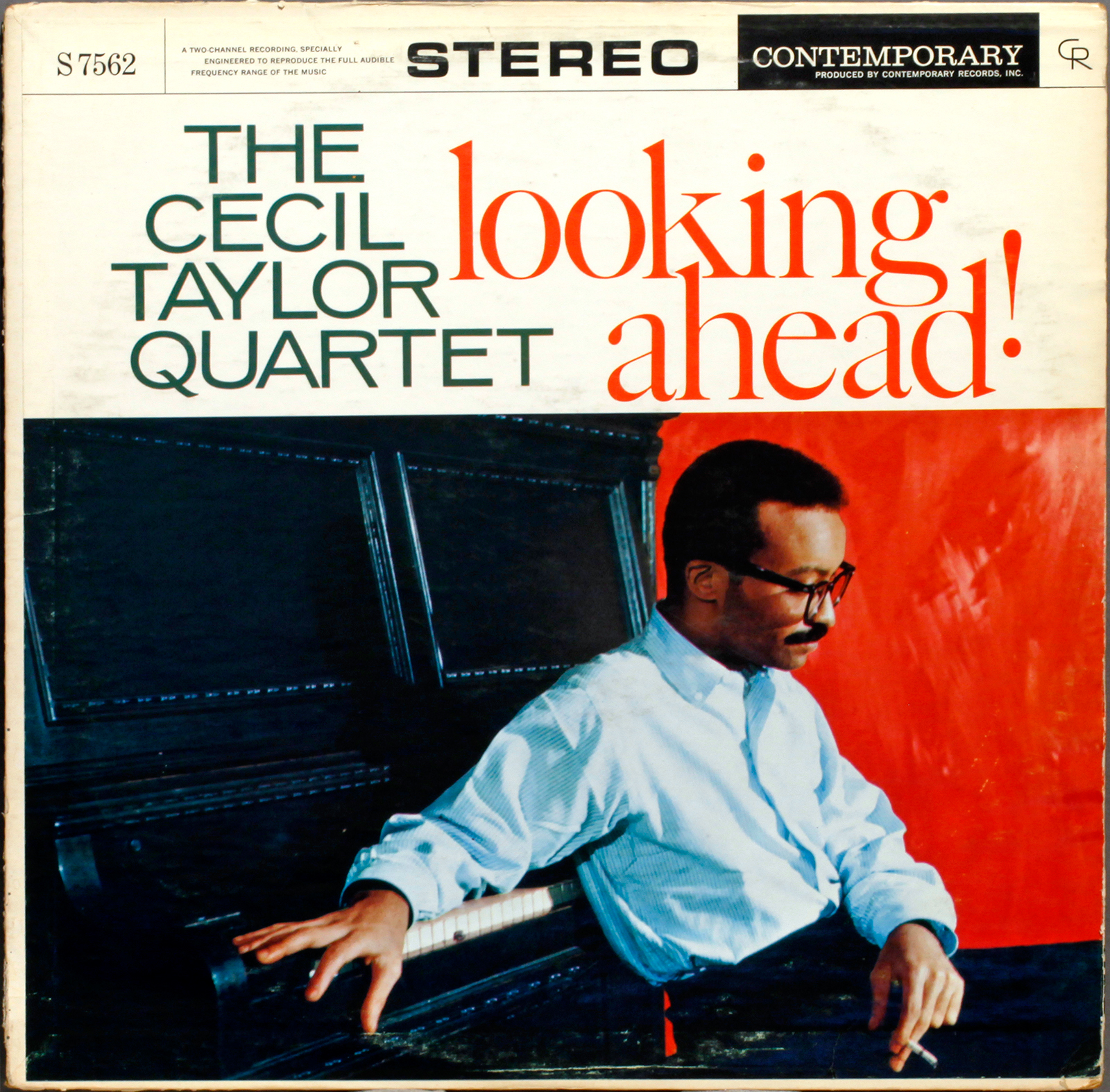The very minute this is uploaded, it'll be two years since my first post. To express my gratitude to my 8,504 unique readers – because you are all truly unique (read with a mock Dizzy Gillespie accent) – I've embedded the player below to reveal the secret of swing. Yes, someone has finally uncovered that intangible aspect so intrinsic to the nature of jazz, which has kept grown men with beards, turtlenecks and smoking pipes, mulling and musing for the best part of a century...
If it isn't exactly that, at least it's quite funny, and still pretty accurate, I find.
If it isn't exactly that, at least it's quite funny, and still pretty accurate, I find.










